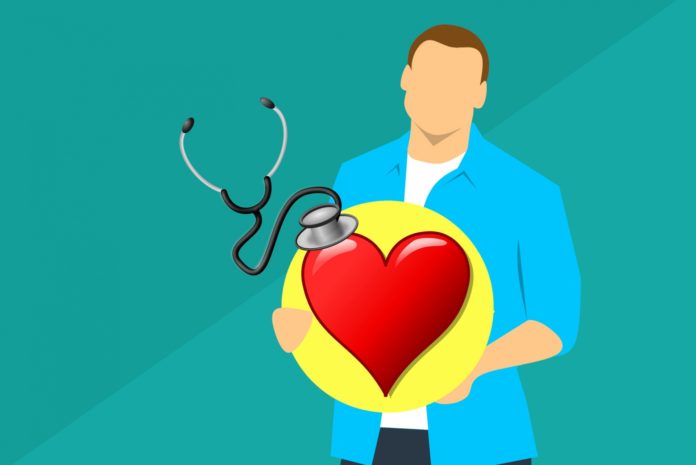Beta blockers reduce the odds of having a stress-induced atrial fibrillation compared to people not taking the drug
Individuals who are prone to emotion-triggered atrial fibrillation (AF) may benefit from taking beta blockers. A new study shows that beta blockers can block the effects of psychological stress and anger in individuals prone to AF.
The findings were published in HeartRhythm, the journal of the Heart Rhythm Society and the Cardiac Electrophysiology Society.
Beta blockers are medications that reduce blood pressure, control heart rate and treat many heart conditions.
Symptoms of AF include heart palpitations, fatigue, and shortness of breath. Like myocardial infarction and ventricular arrhythmias, AF can be triggered by psychological stress and negative emotions such as anger
AF is an irregular, rapid heart rate that increases risk of stroke, heart failure, and other complications. Symptoms of AF include heart palpitations, fatigue, and shortness of breath. Like myocardial infarction and ventricular arrhythmias, AF can be triggered by psychological stress and negative emotions such as anger. There is no cure for AF, but medications can keep it in check.
The research team investigated whether beta blockers could minimize the impact of negative emotions on heart rhythm.
In this study conducted between 2004 to 2009, 95 patients with a history of AF used an electronic diary to record their emotions preceding an episode. The patients also used handheld monitors to record their heart rhythm. Additionally, the research team tracked participants’ heart rhythms with wearable cardiac monitoring devices. Over a one-year period, patients taking beta blockers were compared to patients not taking the medication.
The research team concluded that while anger or stress can trigger AF, beta blockers greatly reduced that response. “We found the use of beta blockers blocked the negative effects of emotions,” said lead author and professor of internal medicine Rachel Lampert, M.D. “For those taking the medication, the experience of anger or stress was much less likely to be followed by AF.”
For patients not taking beta-blocking medications, stress or anger greatly increased the odds of having an AF episode. While stress and anger still had an effect on those taking beta blockers, the effect was much smaller. The researchers also found that certain types of beta blockers were more effective than others.


